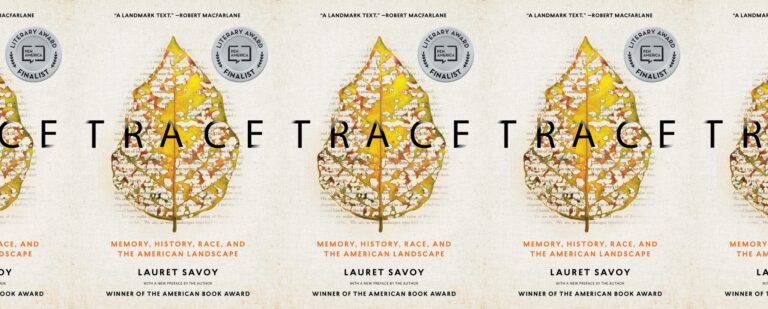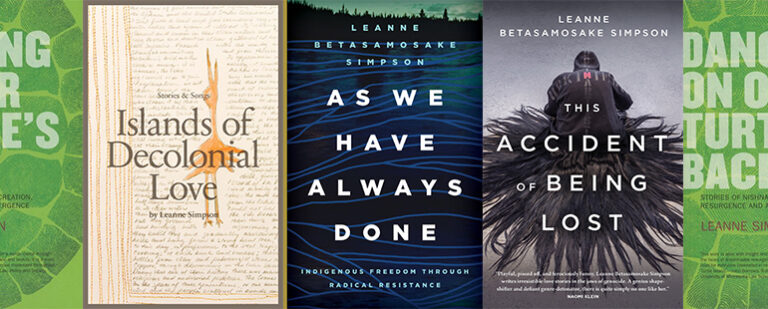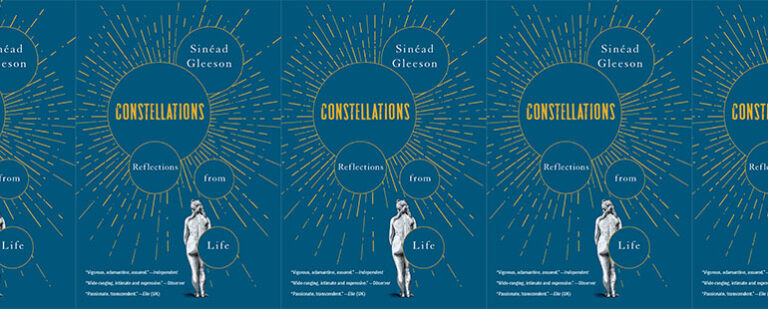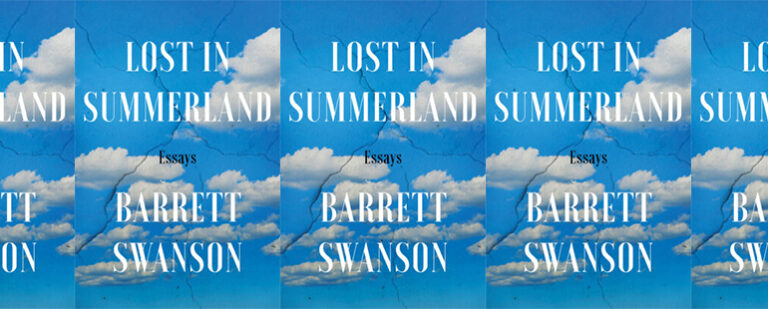“Those who are still around have an obligation to honor that tragedy but turn it into something else”: An Interview with Hua Hsu
Hua Hsu’s new memoir ends with his decision to go to therapy to attend to his irrational guilt over his friend’s death. It helps him come to the realization that what he wanted to write was not a eulogy but a “true account of the deceased,” one filled with joy.








